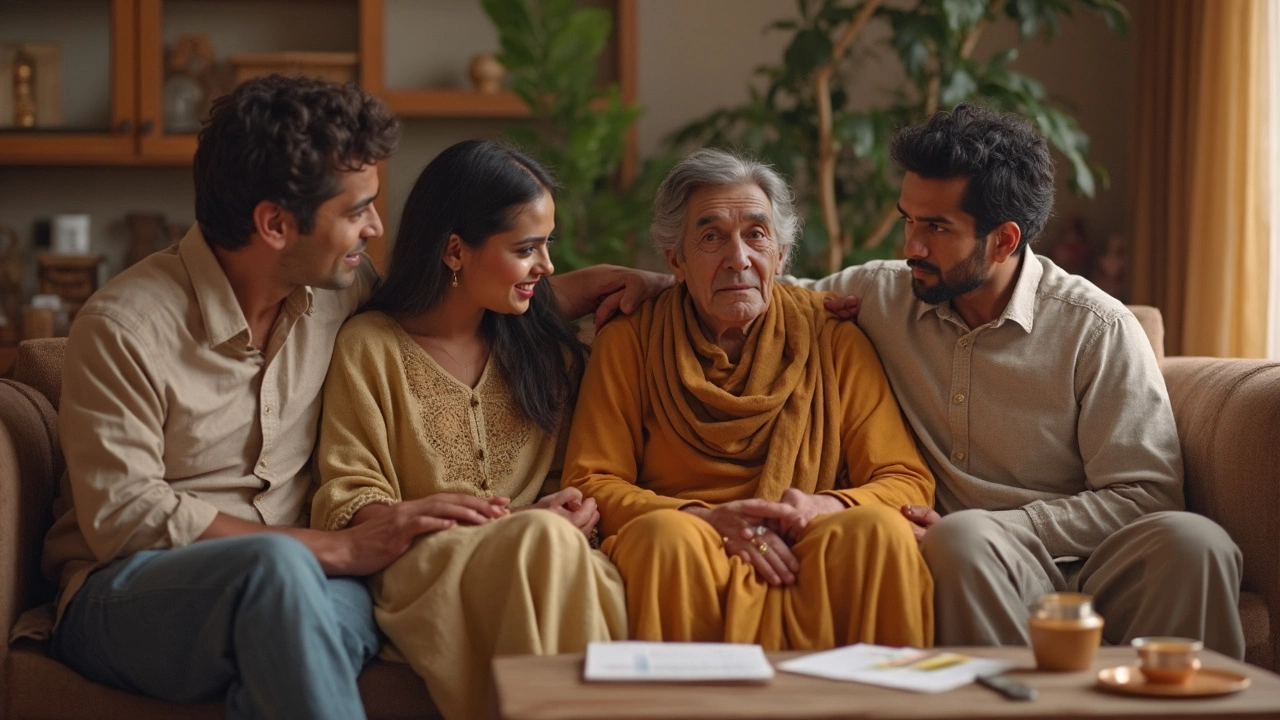Advanced Cancer: Key Facts, Risks, and What to Do
When you hear “advanced cancer,” it usually means the disease has moved beyond early stages and needs more aggressive treatment. It can feel overwhelming, but knowing what’s really going on helps you take control.
Understanding Advanced Cancer Stages
Doctors label cancer stages from I to IV. Stage III often means the tumor has grown locally and may have reached nearby lymph nodes. Stage IV, also called metastatic cancer, means cancer cells have traveled to distant organs. This jump from stage III to stage IV is why many people ask “stage 4 vs stage 3 cancer: what’s worse?” The short answer: stage IV usually carries a lower chance of cure, but treatment can still prolong life and improve quality.
Our article “Stage 4 vs Stage 3 Cancer: What’s Really Worse?” breaks down the differences in simple terms, showing you what each stage means for treatment options, survival odds, and everyday life.
Practical Steps for Patients and Caregivers
First, get a clear treatment plan from your oncologist. It might include surgery, radiation, chemotherapy, targeted therapy, or immunotherapy. Ask which option fits your health, lifestyle, and goals. Second, stay on top of symptoms. Pain, fatigue, or new lumps can signal changes that need quick attention.
Support matters too. Join a local or online support group, keep a log of side effects, and talk openly with family about what you need. Our guide “Top 3 Deadliest Cancers: Symptoms, Risks & Survival in 2025” lists the cancers that cause most deaths and gives early‑warning signs you can watch for.
Nutrition and activity can make a difference. Even light walking, plenty of water, and a balanced diet help maintain strength during treatment. If you’re unsure what to eat, aim for fruits, vegetables, lean protein, and whole grains while avoiding heavy, processed foods.
Finally, consider the emotional side. Feeling scared or angry is normal. Speaking with a counselor or therapist can help you process those feelings and keep a positive outlook. Many patients find that small daily goals—like reading a chapter or cooking a simple meal—provide a sense of achievement.
Our “Uncurable Cancers: Why a Cancer Cure Remains Elusive in 2025” article explains why some cancers are still hard to beat and highlights ongoing research that could change the game. Knowing the science behind the challenge can give you hope that new treatments are on the horizon.
Bottom line: advanced cancer doesn’t mean the end of a meaningful life. By understanding the stage, staying proactive with treatment, and leaning on resources, you can navigate this tough road with more confidence.






